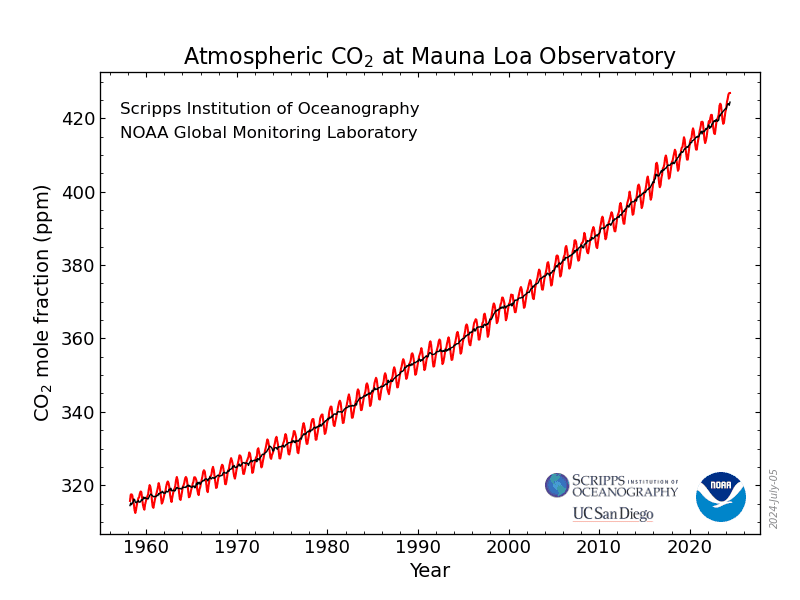Muhammed
Diamond Member
I think it is unpredictable. It may be hotter or may be colder.
Do any of the Global Warming Doomsday Cult members take that into consideration before running around in circles warning about a coming global flood?
Do any of the Global Warming Doomsday Cult members take that into consideration before running around in circles warning about a coming global flood?

